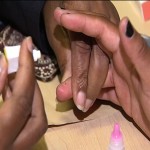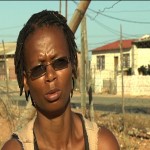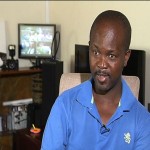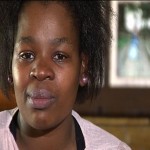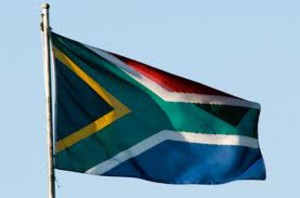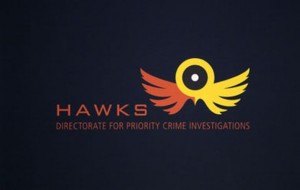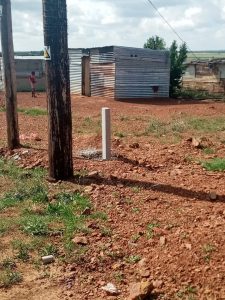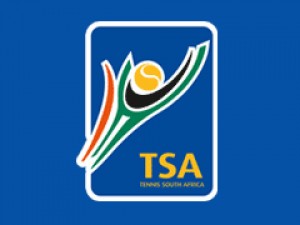HIV testing is 99.9% accurate and although rare, as with any disease, a misdiagnosis can occur. But, what happens when such a misdiagnosis has occurred, can individuals make any legal claims against state or private institutions that facilitate such tests?
Georgina Donson was born in the small town of Oudtshoorn and in 1996, at the age of 19, she was excited to be embarking on a career as a soldier in the army. Having come from a poor family, a career in the army doing something she loved was her opportunity for a successful and independent life. Two months into her training she was verbally dismissed as a result of a routine HIV test which had come back positive. Three years later Georgina’s diagnosis proved to be a misdiagnosis. She says that she reapplied to the army but never received a response. Since then, she has been on a mission to rectify what she believes was an infringement of her rights for which she deserves compensation.
In 2006, Johannesburg-based photographer Rodney Moloisi wanted to purchase a property. In order to qualify for a bond, he was obliged to get life cover which required him to have an HIV test. Because he had recently been tested HIV negative, he was in disbelief when the test came back positive. More than a year after confirming that his HIV test result was a misdiagnosis, he discovered that he was listed on a national insurance database because his false HIV positive result allegedly made him a high risk client. He says that getting his name off this database and applying for subsequent life cover has been a battle. The alleged existence of such a database suggests possible discrimination, potential infringements of confidentiality and the violation of other basic human rights.
In this episode of Special Assignment we raise pertinent questions about whether such individuals have any basis to lodge a legal claim in the event of a misdiagnosis and if so, what is the nature of that claim? A civil case between a claimant, an insurance company and an association for investors is to continue in the Cape High Court, its outcome is likely to set a precedent for similar cases in the future.
Watch “HIV Stigma: Establishing a Legal Precedent” produced by Lindile Mpanza for Special Assignment. Broadcast Sundays on SABC 3 at 20h30, repeated Wednesdays at 23h30


